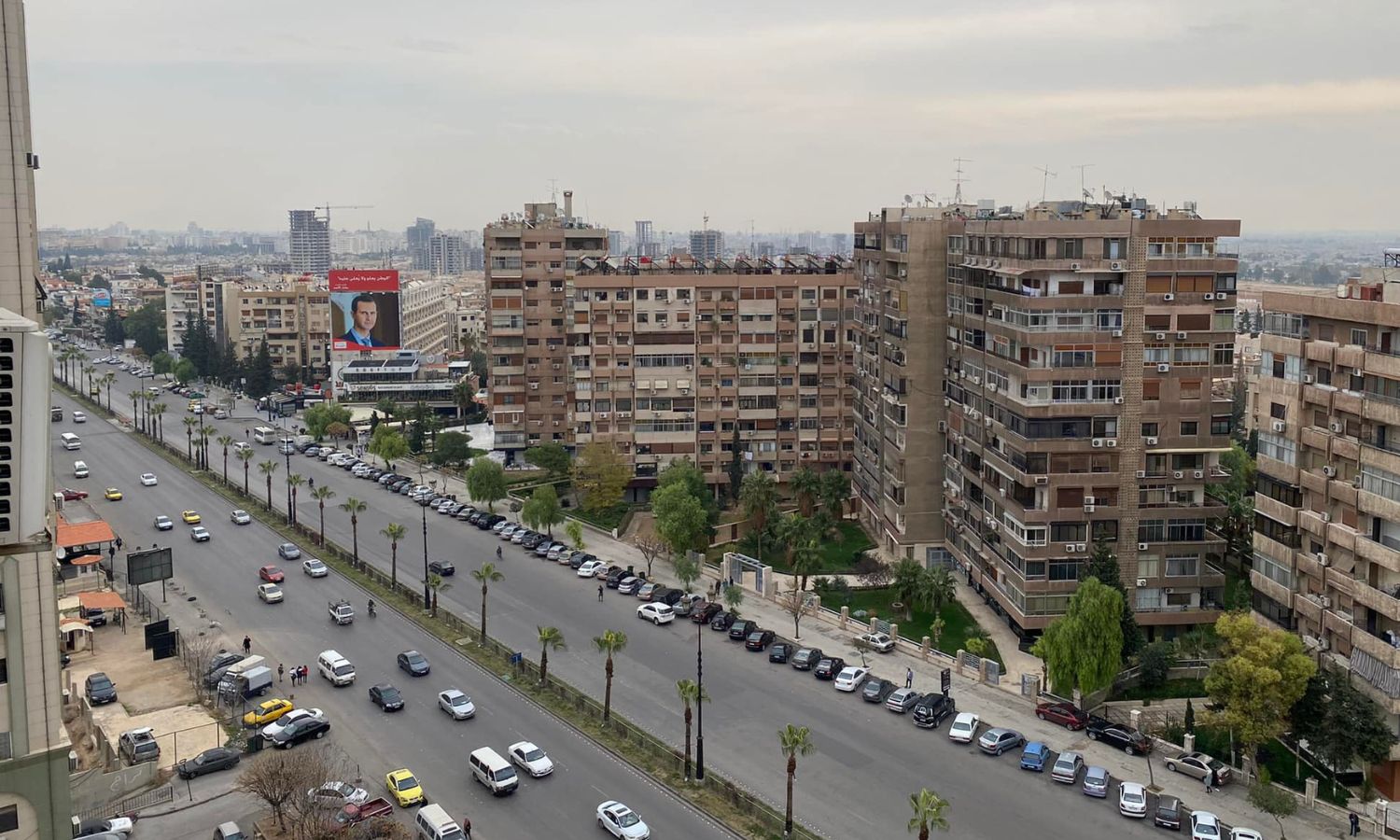



The real estate market in the Syrian regime-controlled areas is witnessing noticeable activity in the sale of properties through court rulings or grant contracts instead of sale through the real estate registry via a property ownership deed issued by the Directorate of Cadastral Affairs.
Those interested in buying or selling a property resort to organizing one of these contracts to overcome some obstacles and difficulties.
Article “454” of the Civil Law states that a “grant” is a contract of donation and signifies ownership without compensation voluntarily or the transfer of money immediately for free. The grant contract is considered as an act of transferring ownership between living persons and is related to property owned by the grantor, whether it is movable like cars or immovable like real estate, without compensation or remuneration, distinguishing it from a sale. It is a contract between two parties and is not executed at the sole will of the grantor but through the offer and acceptance between the grantor and the grantee.
Yusra, 43, living in the countryside of Damascus, mentioned to Enab Baladi that she sold her house to one of her relatives to cover the costs of her son’s travel through a grant contract to avoid paying the financial tax or being forced to deposit half the sale amount in the bank, as she needs the full amount in a short time. This led her to opt for a grant contract.
As for Ikhlas, 40, residing in Hama, she resorted to selling her house by obtaining a court ruling to avoid the obligation of depositing half the value of the property in the bank after the sale, as she would have to go to the bank every day to withdraw the amount in several installments as per the exchange withdrawal.
Ikhlas explained to Enab Baladi that she sold the property through a lawsuit to prove the sale through a lawyer appointed by her as the seller and the other party as the buyer, and in this contract, she is not obligated to deposit the specified percentage in the bank.
The execution of the sale contract through a court ruling requires a real estate registration extract, a copy of the statement for the sold house, financial registration, and a clearance certificate from the Ministry of Finance. Then, the sale decision is issued by the court ruling and executed at the Directorate of Cadastral Affairs, making the sale official.
The residents of regime-controlled areas are facing difficult living and economic conditions amidst the deterioration of the Syrian pound value, weak purchasing power, and rising prices of various goods and products.
On March 25, 2021, the Syrian People’s Assembly approved the Real Estate Sales Tax law, which is based on collecting tax on sold properties according to their current value instead of the value recorded in financial records.
The government of the regime, in March 2023, through the Real Estate Sales Tax law, which determines the tax based on the actual market value of the properties instead of the value recorded in financial records, required the payment of an amount through bank accounts equivalent to 50% of the sold property value where it was 15%, and increased exchange withdrawals to 25 million Syrian pounds.
Syrian lawyer Aref al-Shaal explained to Enab Baladi that the court ruling is resorted to by the contracting parties as an alternative to registration in the real estate registry due to the obstacles faced by the seller and the buyer.
Al-Shaal mentioned that these sales and contracts burden the judiciary with duties that are not within its jurisdiction, but the abundance of obstacles justifies the conclusion of these contracts.
Al-Shaal believes that the reasons that drive citizens to resort to these contracts are bureaucratic obstacles that prevent the completion of the sale procedure and the required security approval for the seller and the buyer that prevents the completion of the sale if one of the individuals is security-wanted, while the judiciary does not require security approval. In addition to administrative burdens, like depositing 50% of the property amount in the bank, which al-Shaal considered exhausting for the seller during the selling process.
Regarding the difference between a sale through a court ruling and a grant contract, the lawyer explained that a sale through a court ruling has the same effects as selling the property in the real estate registry, as it grants the right to sell or rent. On the other hand, a grant contract is somewhat risky as this contract does not specify the price of the property, but some resort to it in urgent cases.
When asked about the impact of imposing such laws, Al-Shaal stated that real estate legislation in Syria needs reform, but the process should be careful.
Mohammed Osama Burhan, the head of the Lawyers Syndicate branch in the Rif Dimashq governorate, called in July 2022 for the necessity of amending the Real Estate Sales Tax law, affirming that it has had a significant negative impact on the real estate sales movement since its issuance, and considered that this law constitutes an encroachment on the judicial authority.
if you think the article contain wrong information or you have additional details Send Correction